San Sebastián seeks inspiration for more people power
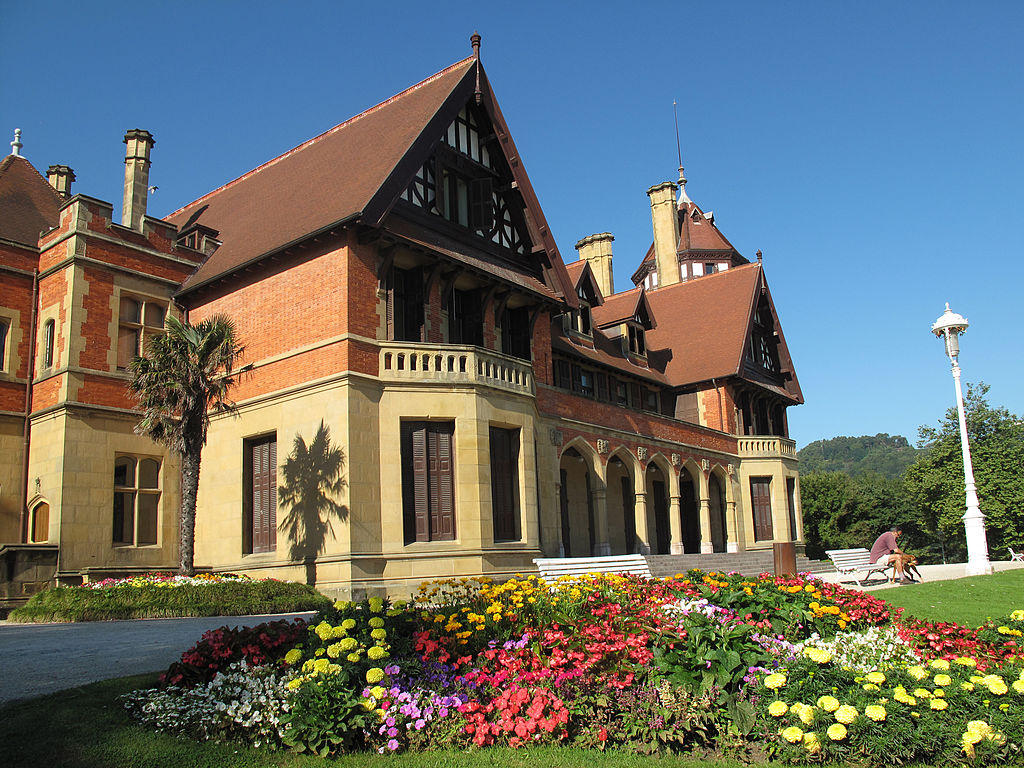
Political Culture from Local Participation to Global Coexistence is the theme of this year’s Global Forum on Modern Democracy in San Sebastián/Donostia. The city in Spain’s Basque Country hopes the event will help strengthen local democracy in a region plagued by decades of separatist violence.
Citizen’s participation is not just cheap talk and empty promises in San Sebastián. In fact, the authorities created a special unit both in the city council and in the administration working towards an appropriate balance of power between citizens and government.
In the city’s executive, this is part of the portfolio of Duñike Agirrezabalga, while Amaia Agirreolea is responsible in the city administration for citizen participation.
Their aim is to promote the peaceful co-existence and create a new political culture after decades of terrorism by the Basque nationalist and separatist organization, ETA. The group declared a “permanent ceasefire” ten years ago.
In an interview with swissinfo.ch, Agirrezabalga and Agirreolea express their expectations from the Global Forum on Modern DemocracyExternal link which attracts about 200 experts from more than 30 countries this week.
swissinfo.ch: San Sebastián was named European Capital of Culture 2016 because the city authorities have been promoting peaceful coexistence through culture. Now it also hosts the Global Forum on Modern Democracy. What do the two events have in common?
Duñike Agirrezabalga: The term European Capital is based on the principle of cooperation. It also has something to do with making democracy more democratic.
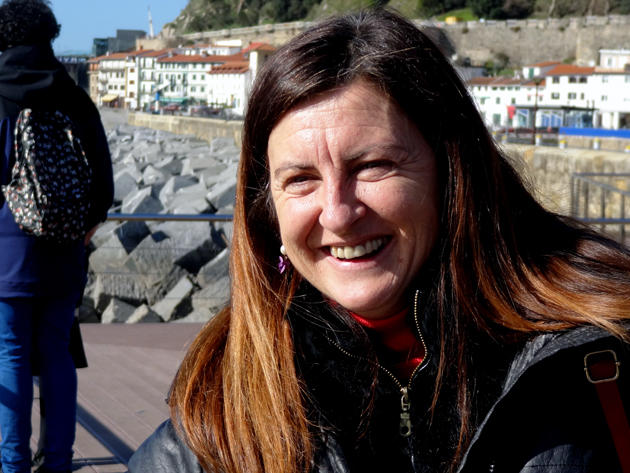
San Sebastián is working to establish a new political culture, that is, a new form of politics. At its centre are citizens and how they live together. Citizens want a more direct relationship with politicians and they want to able to trust politicians. And above all, they want to have a say.
swissinfo.ch: What’s the idea of hosting the forum here?
Amaia Agirreolea: It all started with the need to strengthen direct democracy. We took part in the forum in Uruguay in 2012 and last year in Tunis.
We want to expand our network and learn more about direct democracy. By being host to the Global Forum, we also want to give the whole city an opportunity which has so far been limited to a minority: to discuss, learn, get to know other people and build up a network of contacts.
swissinfo.ch: What do the city authorities expect from the Global Forum?
D.A.: To put it in very general terms: We want to learn, share and create space for further reflection.
A.A.: We also hope that the discussions with participants will give us input to deepen and extend the local debate on citizen participation.
This hasn’t been easy because of our history and for other reasons. Debate and dialogue based on respect and recognition are fundamental for the creation of a culture of a participatory citizenship.
swissinfo.ch: What are the main points of the forum in your opinion?
D.A.: Apart from citizen participation, I think first of all it is the relationship between different political players and social movements. They are the initiators of political change.
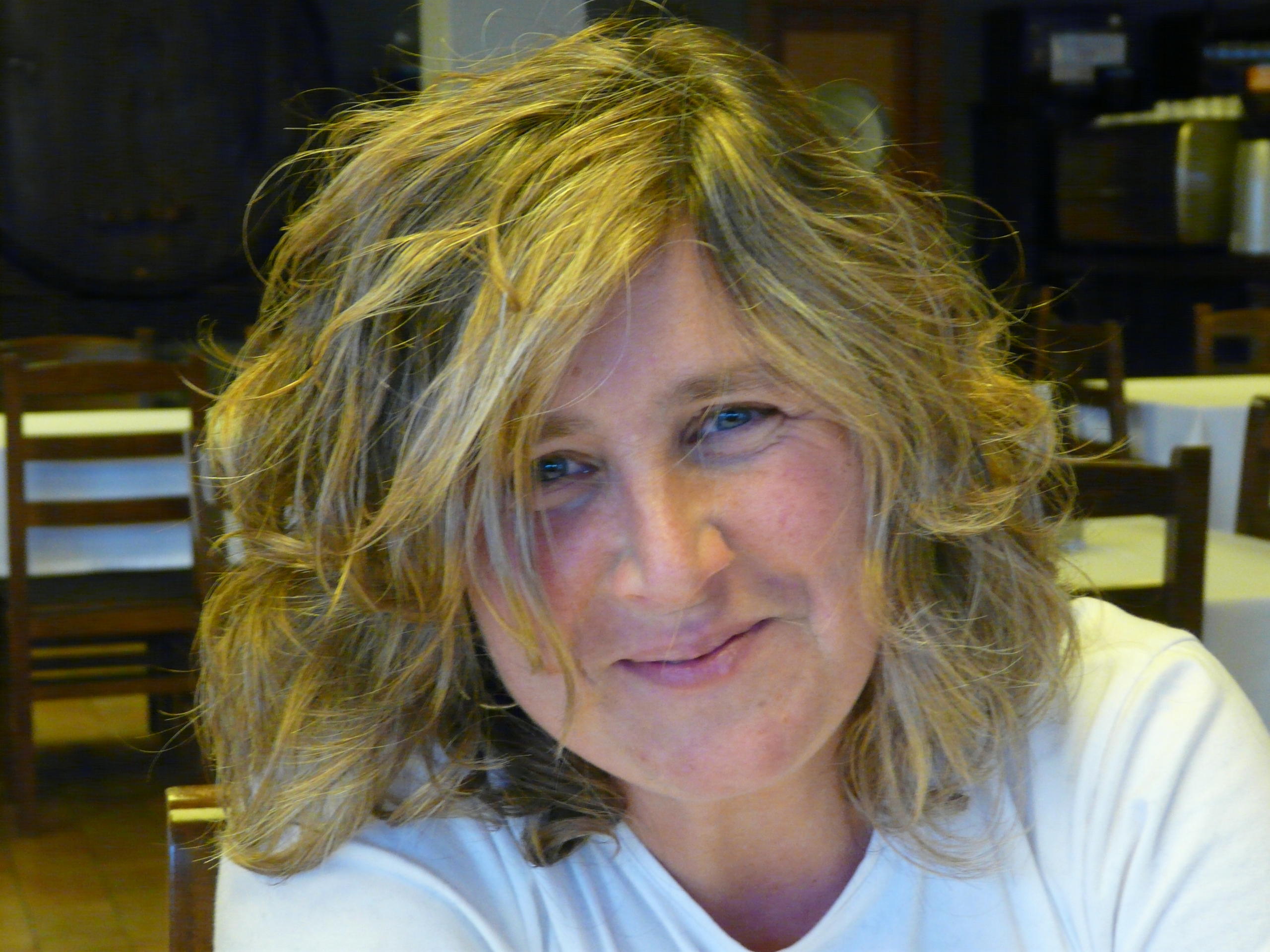
A.A.: For me all aspects are important that highlight the importance of the local level and put it into context with global co-existence.
I try to ensure that the municipal administration is present at the forum, hoping that their ideas mix with the experiences and needs of the social movements. After all, these are necessary and influential drivers for the way society develops.
swissinfo.ch: Is it really necessary to learn how to participate as a citizen?
D.A.: Absolutely. Political responsibility shared between politicians and citizens has to be learnt. It is the same with public interest. It is a cultural good for the municipality and the state.
It is crucial to have an active political culture and that citizens learn to appreciate the diversity and respect for each other.
Politics is about searching and finding solutions. Politicians have to take into account different interests. Decision should be taken for the benefit of all, not just to please the opinions of a few.
A.A.: We all have to learn from our experiences. They enable us to listen to each other, feel with others, be open towards other people and show them respect.
This is true not only for politics but also other aspects of our lives.
D.A.: We have to develop the ability for constructive communication. I must be capable of listening to someone sitting in front of me and to put myself in his or her place.
Empathy is very important for this. But politicians also have to learn new forms in politics.
swissinfo.ch: Where should this learning process take place?
A.A.: We have to learn in all areas of society. In the family – it can be democratic or ’dictatorial’ too – among friends, with colleagues at the workplace. It is as if you are throwing a stone into the water, circles start moving outward, conquering more space.
How hopeful are you that citizens and the authorities are willing to learn about participation in local democracy? Let us know your opinion.
The sixth edition of the Global Forum on Modern Direct DemocracyExternal link takes place in Donostia/San Sebastián, (Spain) from November 16-19.
Organisers expect about 200 representatives from more than 30 countries to attend the four-day event in this year’s European Capital of Culture.
The three main themes of the conference are: 1) Cities as drivers of local democracy 2) the role of the media in direct democracy 3) The Brexit plebiscite and the challenges for direct democracy.
In a series of workshops and panels, the Global Forum puts the spotlight on practical aspects of direct democracy.
swissinfo.ch and its special democracy platform #DearDemocracy is a media partner of the forum. A team of journalists reports from the event with blogs in several languages as well as on Facebook and Twitter.
Adapted from Spanish by Urs Geiser

In compliance with the JTI standards
More: SWI swissinfo.ch certified by the Journalism Trust Initiative

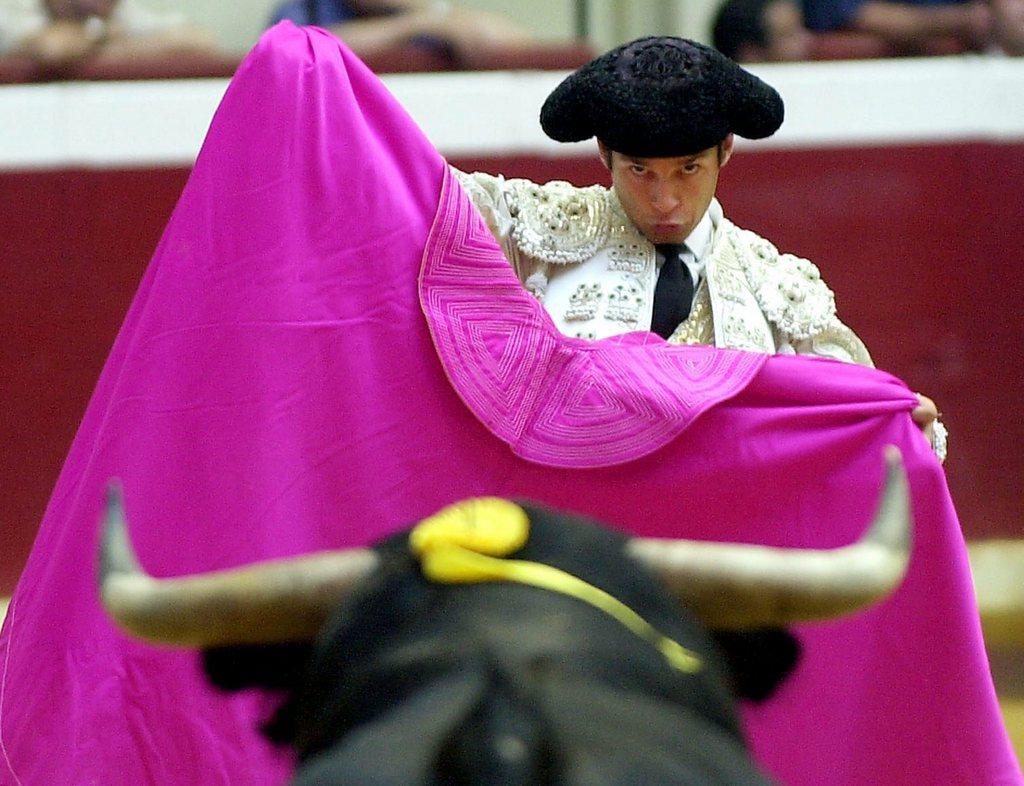
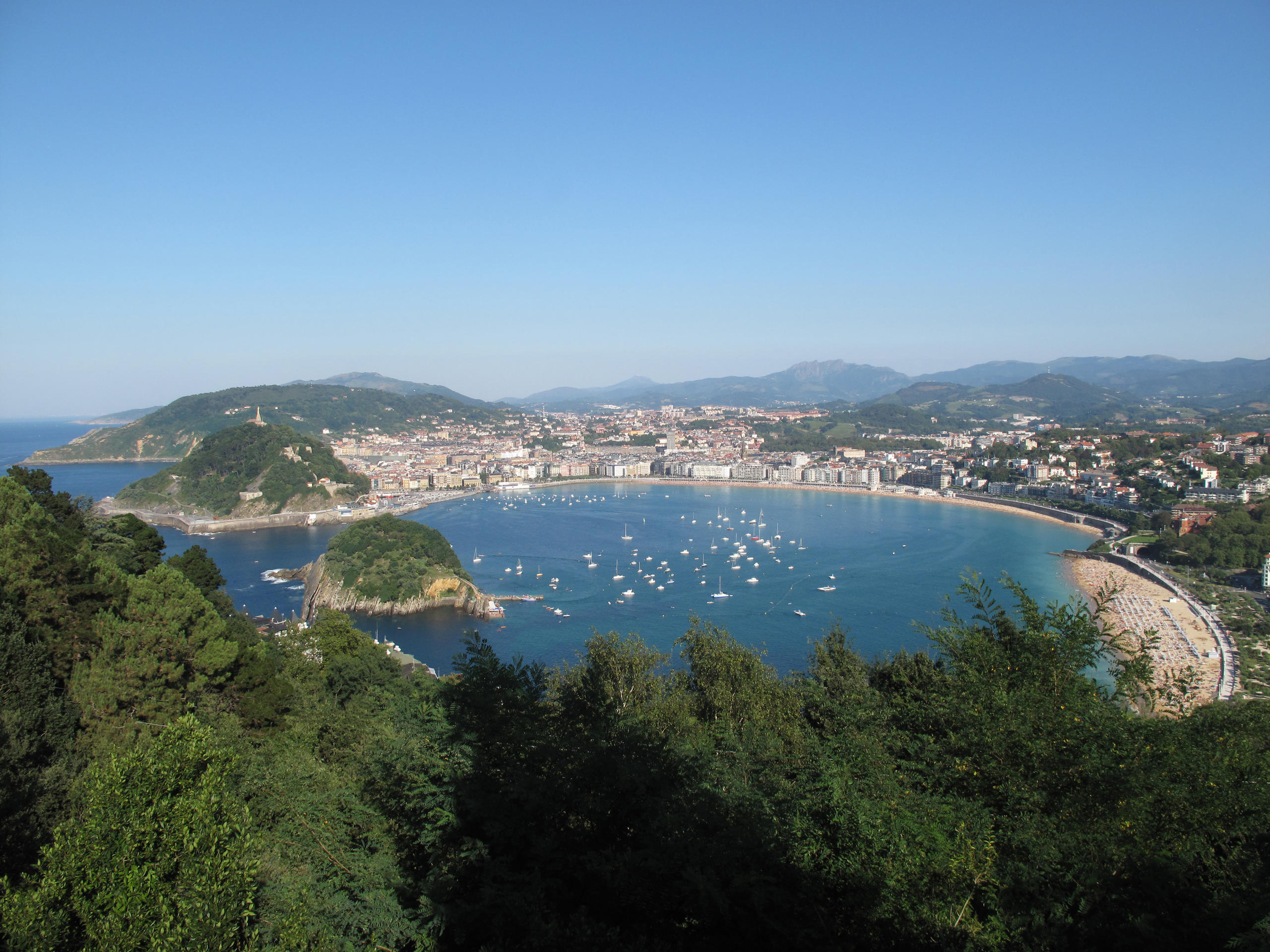
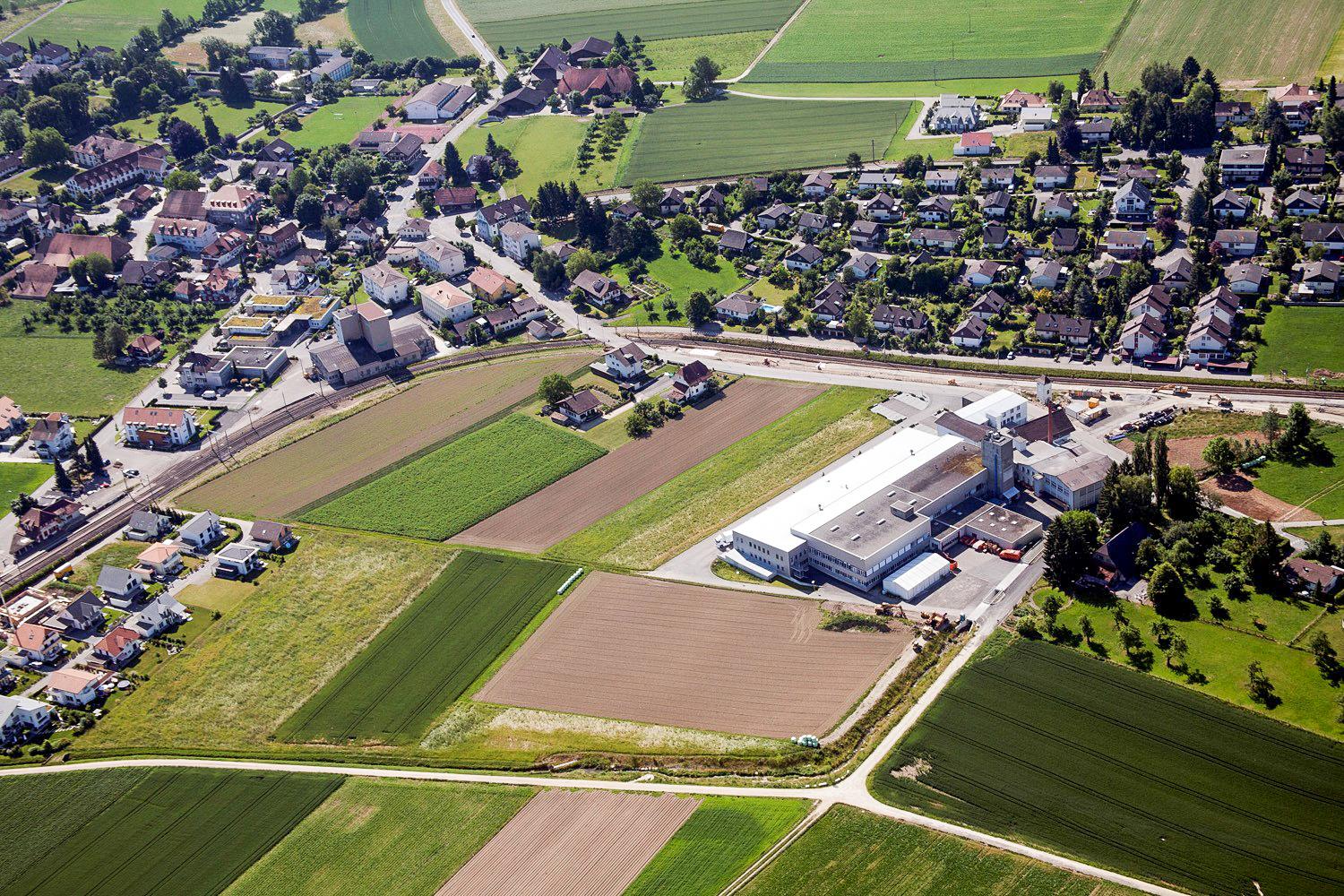
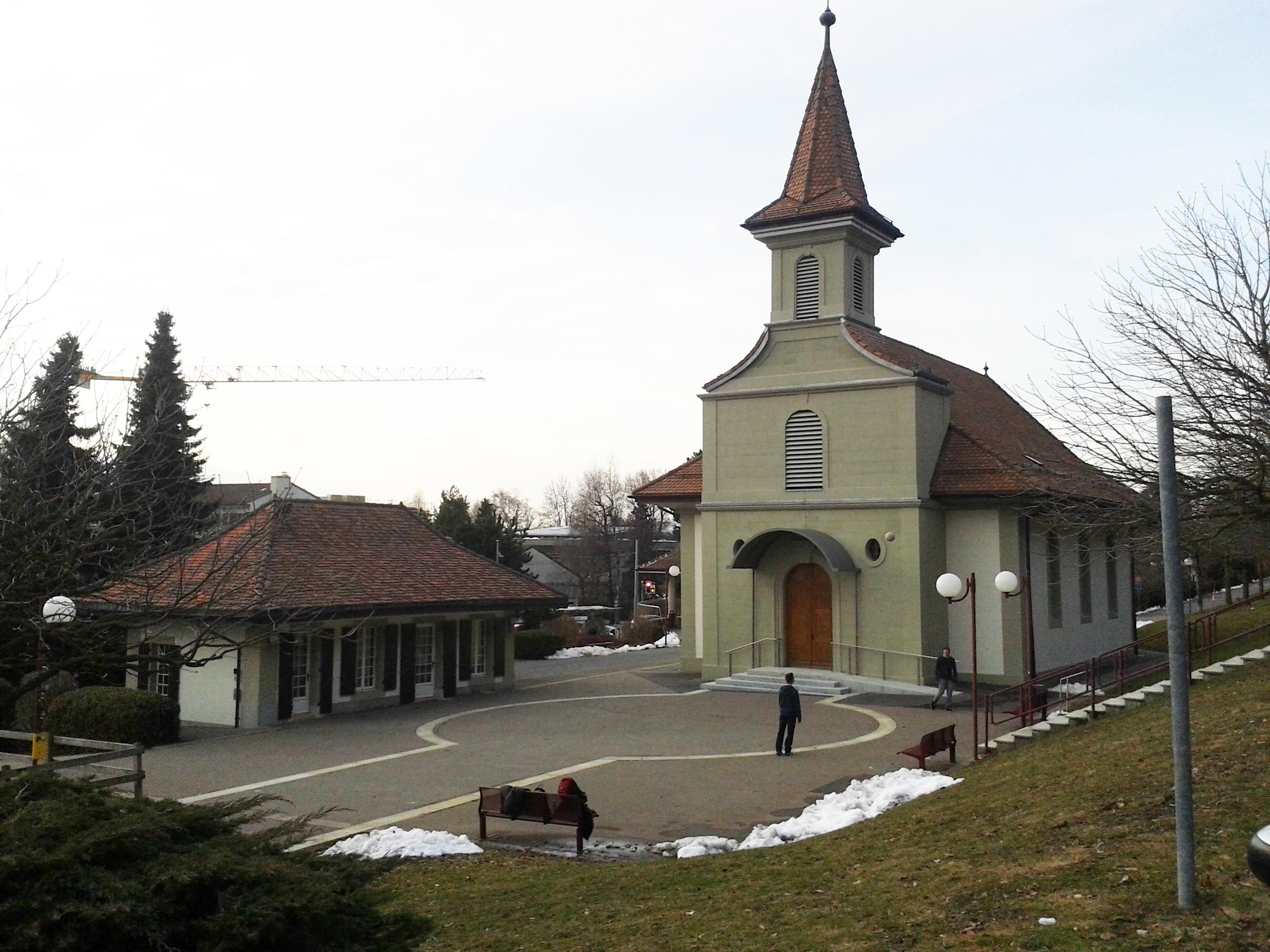
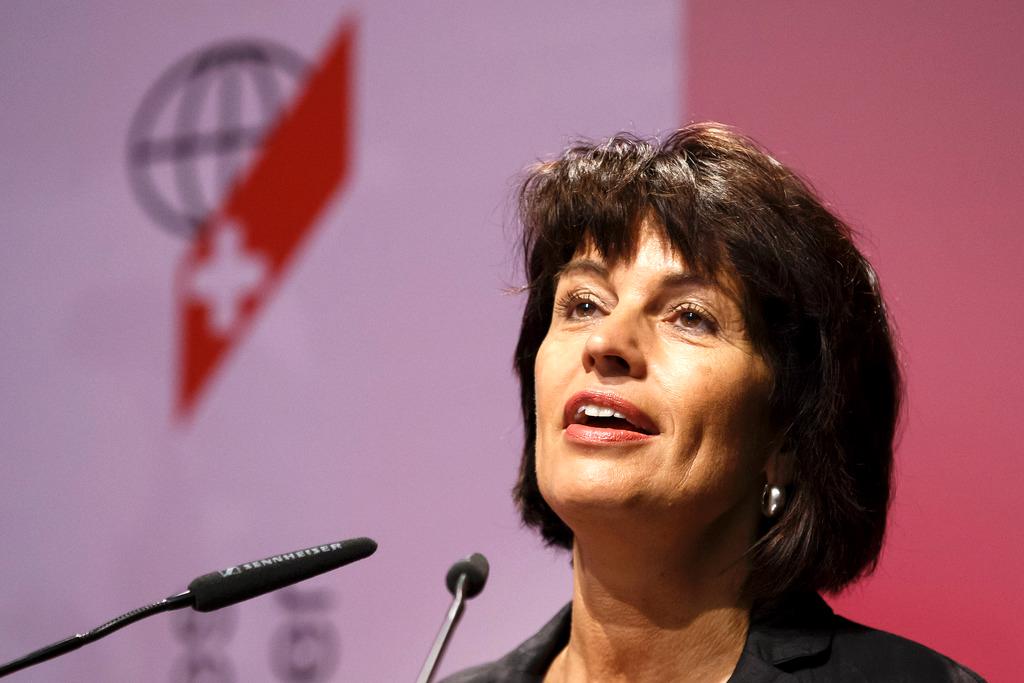
You can find an overview of ongoing debates with our journalists here. Please join us!
If you want to start a conversation about a topic raised in this article or want to report factual errors, email us at english@swissinfo.ch.